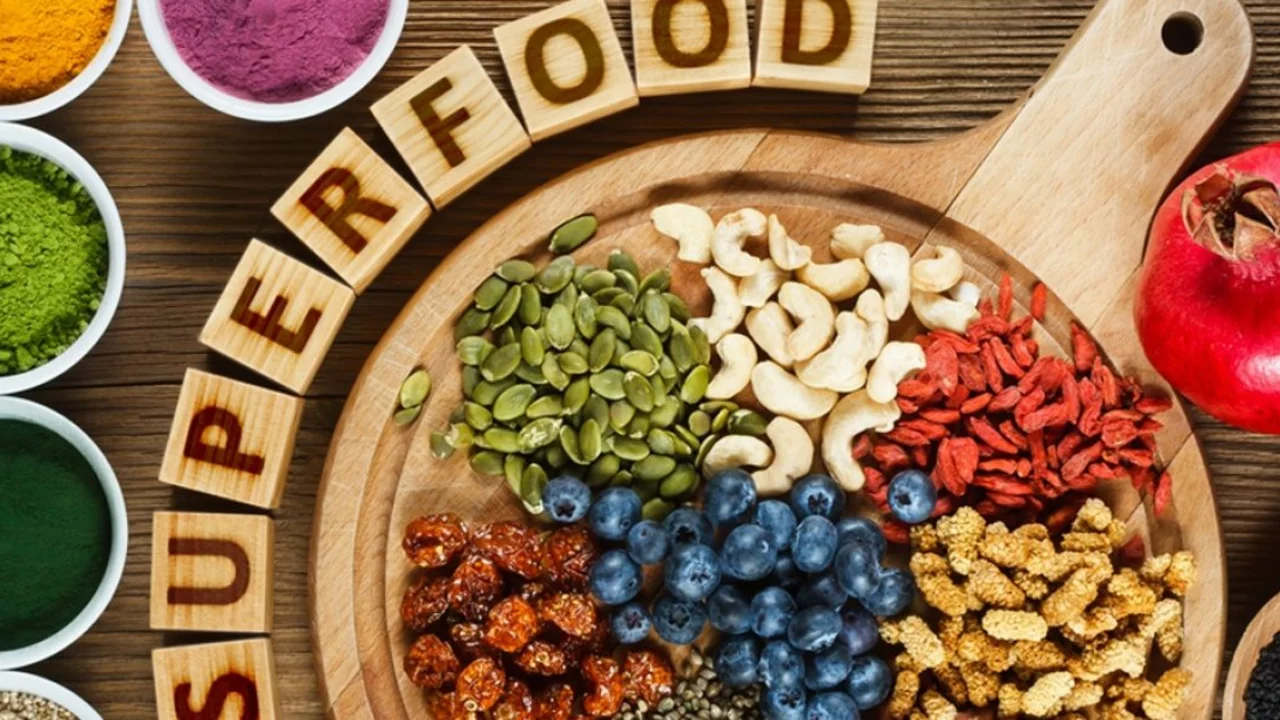Superfood Guide: What to Eat, How to Use It, and What to Watch For
Superfoods are just nutrient-rich foods that give you more vitamins, minerals, or healthy fats per bite. They aren’t magic, but adding a few reliable choices to your weekly menu can improve energy, digestion, and heart health. Below I’ll give you clear picks, simple ways to eat them, and safety tips that matter—especially if you take medication.
Top superfoods to add today
Here are easy, proven choices and how to use them:
- Blueberries – High in antioxidants. Use fresh or frozen in smoothies, yogurt, or oatmeal. Frozen is often cheaper and just as good.
- Leafy greens (spinach, kale) – Packed with folate, vitamin K, and fiber. Add a handful to soups, scrambled eggs, or smoothies.
- Salmon and oily fish – Great source of omega-3s for heart and brain. Aim for 2 servings a week; grill, bake, or mix into salads.
- Oats – Good for cholesterol and steady energy. Make overnight oats, porridge, or use in pancakes.
- Chia seeds – Fiber and omega-3s. Soak 1–2 tablespoons in water or milk for pudding, or sprinkle on cereal (soak first to avoid throat dryness).
- Turmeric – Anti-inflammatory compound curcumin. Add to soups, stews, or golden milk. Pair with black pepper to boost absorption.
- Garlic & ginger – Flavor plus immune and digestion benefits. Use fresh in stir-fries, dressings, or tea.
- Walnuts & almonds – Healthy fats and protein. Keep a small handful as a snack or chop into salads.
- Green tea – Antioxidants and mild caffeine. Swap one cup of coffee for green tea some days.
How to use superfoods safely
Practical rules make superfoods work without risk. First, whole foods beat pills. Eating berries, salmon, or spinach gives a food matrix that supplements don’t replicate. Second, watch interactions: garlic, ginger, turmeric, and high-dose omega-3s can affect blood thinners; talk to your doctor if you’re on anticoagulants.
Buy smart: frozen fruits and vegetables often have better nutrient profiles than out-of-season fresh produce. For fish, check for low mercury options—salmon and sardines are good choices. When buying spices or supplements, pick trusted brands and avoid extra fillers or high-dose extracts unless a clinician recommends them.
Start small. Swap one snack or side each week—add berries to yogurt, replace chips with a handful of nuts, or toss kale into a pasta. If you have allergies, gut issues, or take multiple medicines, check with a pharmacist or doctor before making big changes.
Last tip: variety beats perfection. Rotate these foods through your meals so you get broad nutrients without overdoing any single item. Small, consistent shifts in what you eat often lead to the best results.










